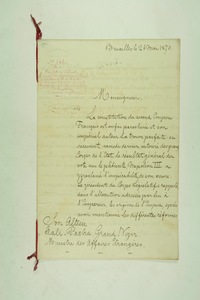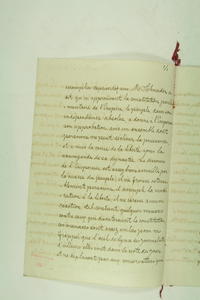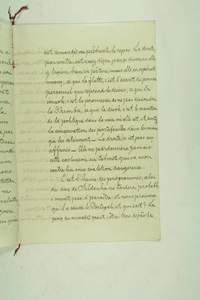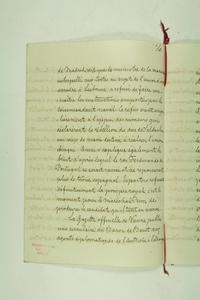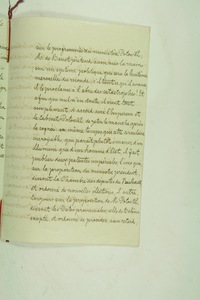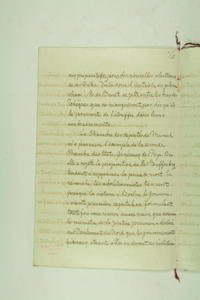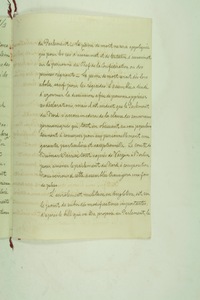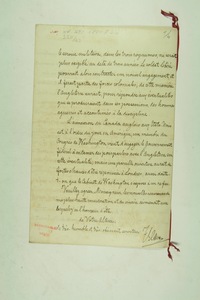Ottoman Diplomats
Letters from the Imperial Legation in Brussels (1849–1914)
Synopsis
Résultat du plébiscite. Le duc de Saldanha et l'union ibérique. Circulaire de M. de Beust. L'Allemagne et la peine de mort. Modification de l'enrôlement militaire En Angleterre. Le Canada anglais.
The Constitution of the Second French Empire was completed, and the Emperor Napoleon III proclaimed its perfection. Glavany summarizes some of the discourses that were held about this topic in the Legislative Corps. The Emperor’s speech was marked by moderation and liberty. Glavany explains why the right-wing members were not entirely pleased: they were excluded from the government. The Portuguese Duke of Saldanha was said to strive for an Iberian Union. This might explain the rumours about King Ferdinando of Portugal having changed his mind: he would not refuse the Spanish throne anymore. In Austria, the Viennese Official Journal published a circular letter from Friedrich Ferdinand von Beust to the Austrian diplomatic agents abroad, about the programme of the Austrian Potocki government. Beust was very optimistic about the programme that suggesting new elections. Glavany uses the word ‘chaos’ to describe the Austrian situation. In Germany, the Chamber of Deputies in Munich rejected Stauffenberg’s proposition to abolish death penalty. In Berlin, death penalty was almost abolished, but the Prussian government suggested an exception for murders and attempted murders on the leader of the Confederation and the reigning princes. Glavany wonders if the North German parliament would compromise once more. He then reports about the British military enrolment, that would undergo important changes. In the American parliament, the annexation of English Canada was discussed. Glavany expects this to be rejected by the British government.
Facsimiles
How to cite
If you use this website for your own research, we kindly ask you to mention the following reference in your publications:
Consulted online at Ottoman Diplomats: Letters From the Imperial Legation in Brussels (1849–1914) (2014 Edition), Centre for Political History (PoHis), University of Antwerp, <http://dighum.uantwerpen.be/ottomandiplomats/>.
